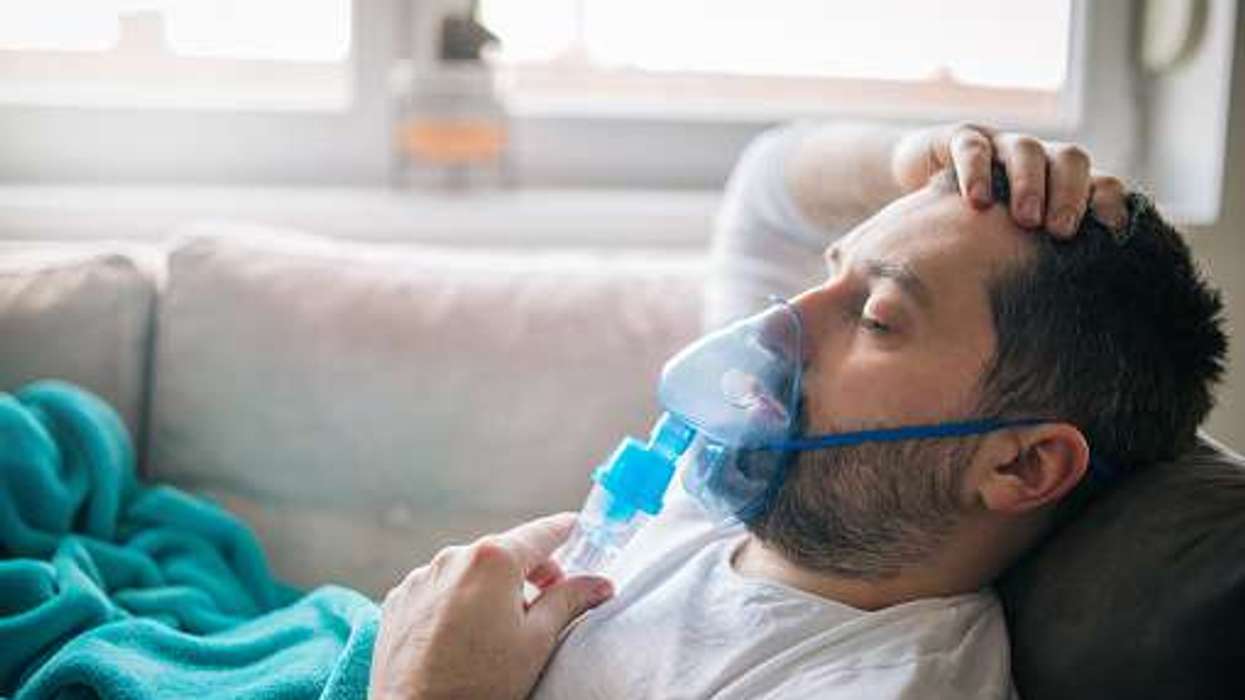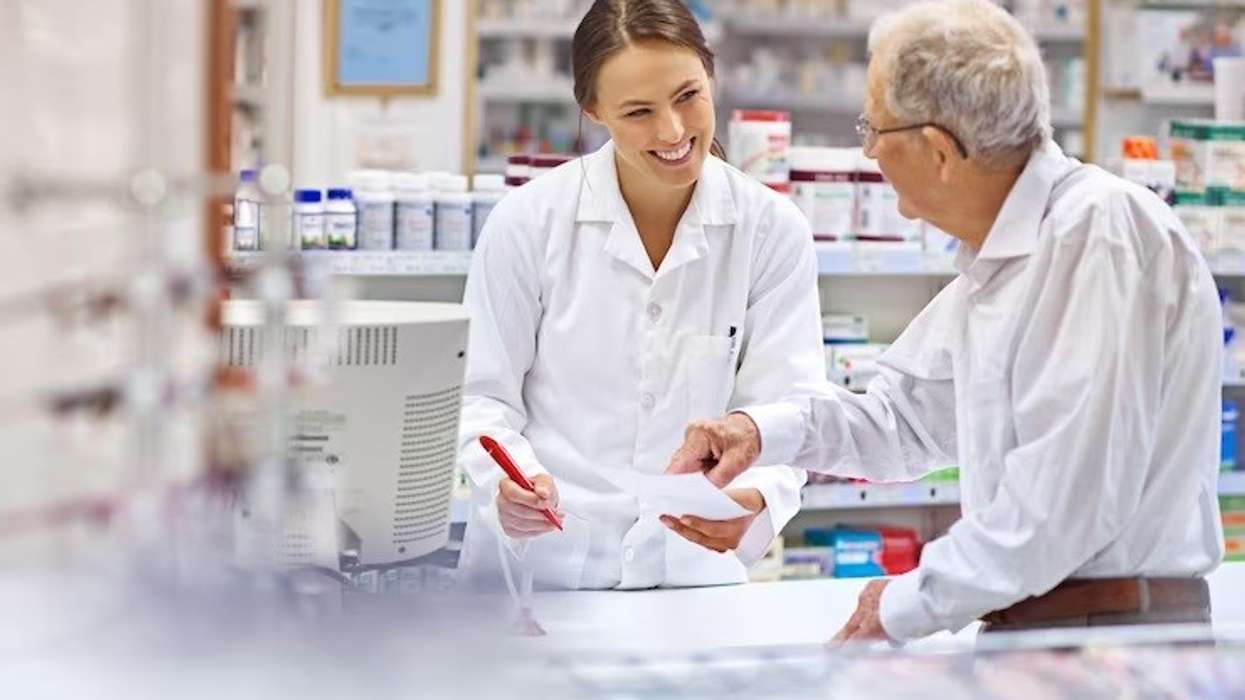French drugmaker Sanofi will make 30 of its treatments, including insulin, available on a not-for-profit basis in 40 lower-income countries in the first step of its plan to increase access to its medicines worldwide.
The treatments will be provided under the new Impact brand, part of Sanofi's global health unit launched last year, which sits outside the commercial business.
The plan also includes the $25 million Impact fund, which will go towards supporting local start-up healthcare businesses and providing training on using the medicines, Sanofi said.
"There's a lot of noise at the moment from different companies jumping into this space... but investing in entrepreneurship, in the ecosystem, is a new thing," said Jon Fairest, who heads the global health unit.
The treatments available are on the World Health Organization's essential medicines list, and insulin in particular has been singled out by the UN agency as a life-saving medicine for diabetics that is difficult to access in many lower-income countries, where the burden of disease is growing.
The list also includes off-patent treatments for cancer, hypertension, malaria and tuberculosis, among other conditions. Sanofi did not provide details on the extent to which the new initiative would bring down prices for the medicines.
The countries involved are mainly in Africa, from Niger to Zimbabwe. Conflict-hit countries such as Syria are also part of the initiative, as well as some Asian countries including Cambodia and Myanmar.











